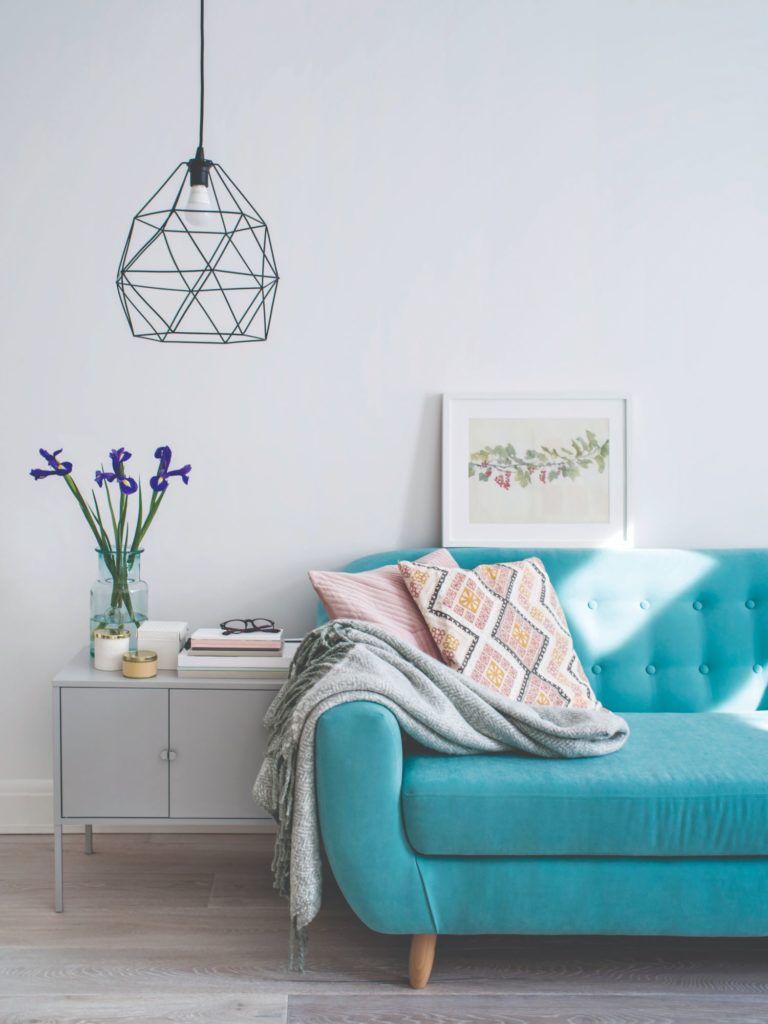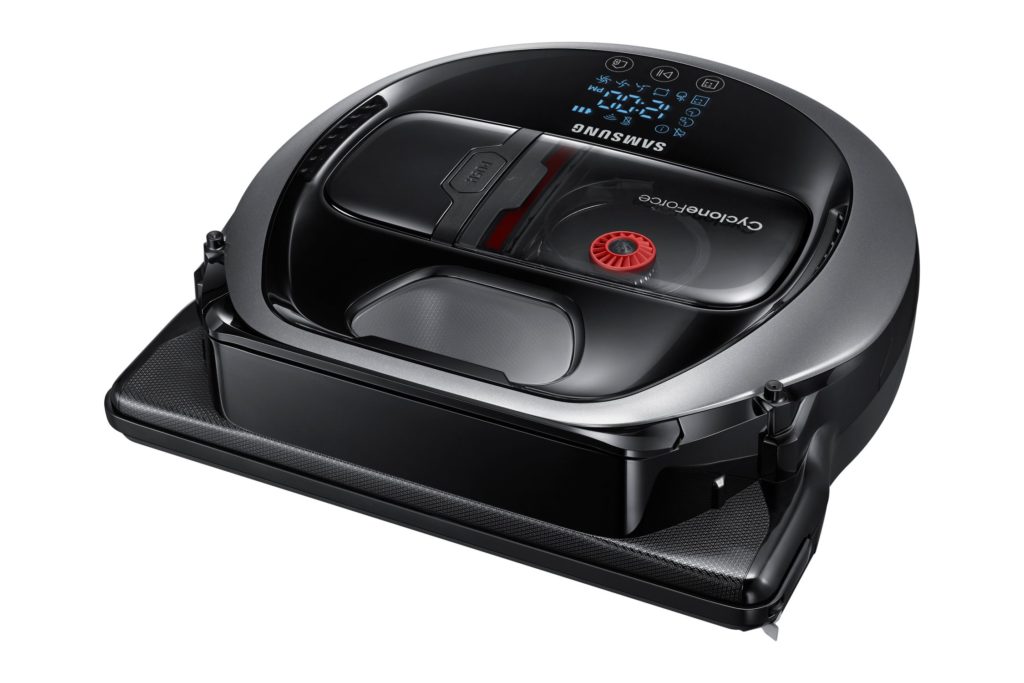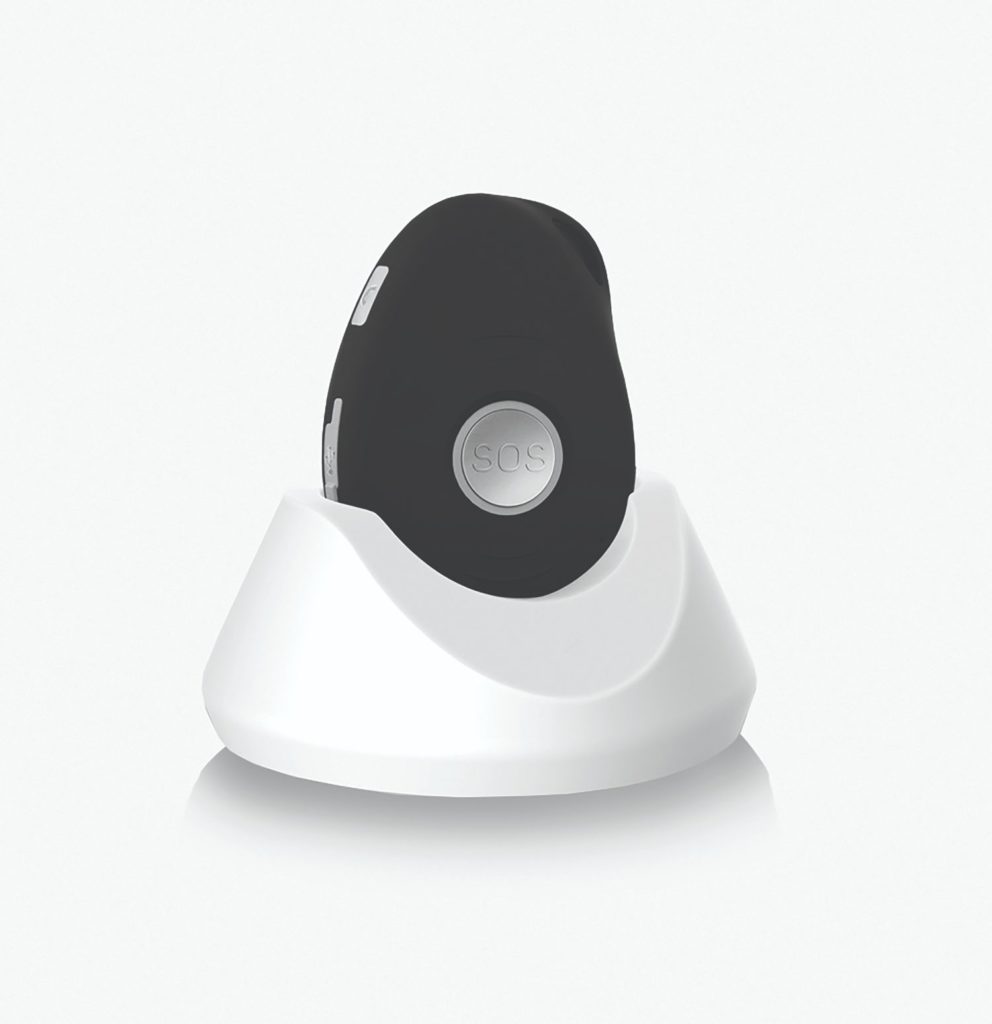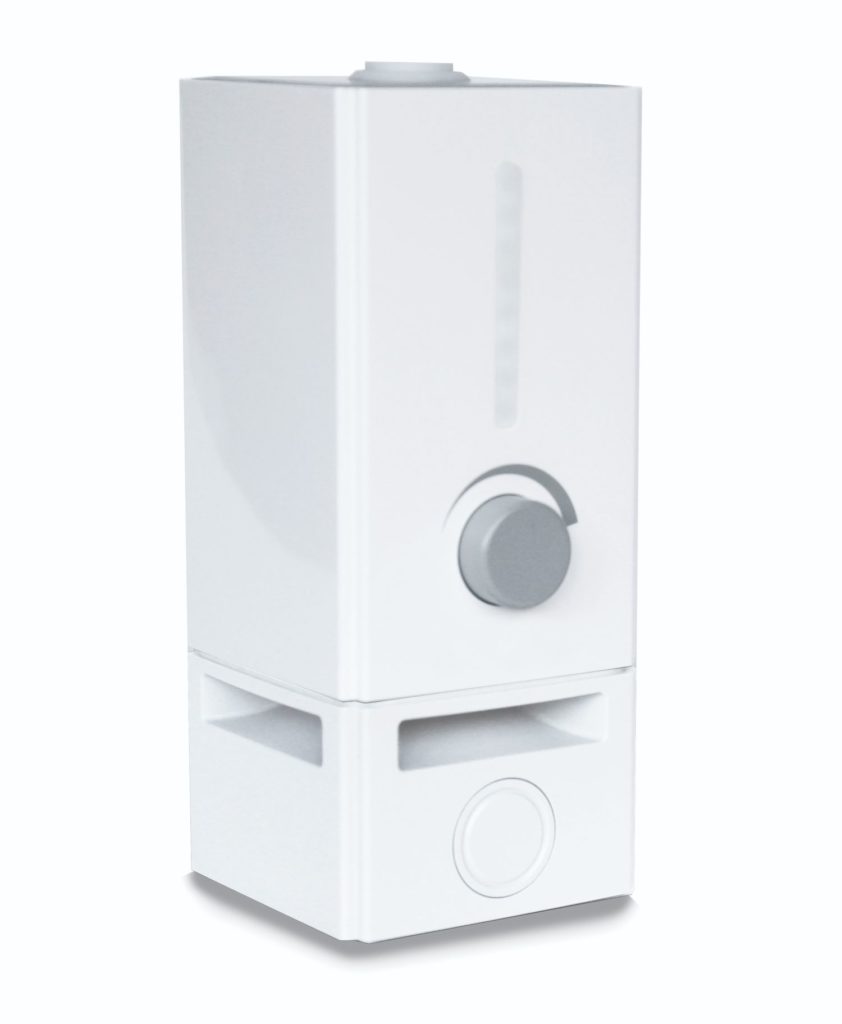Ageing in place is a viable option for many and the key to its success is proper planning. Through technology and innovative renovations, seniors can meet the challenges of their older years to maintain independent living.
Bathroom safety
According to a report by Australian Institute of Health and Welfare, about 125,000 people aged 65 and over were seriously injured due to a fall in 2016-17. Injuries to the head (26%), hip and thigh (22%) were the most common. Among the cases that occurred at home, 12% of the falls took place in the bathroom. Some simple options to minimise the fall hazard in your bathroom include: raise the height of the toilet; opt for a hand shower and shower seat set; install grab bars and rails; and switch taps to lever mixers.

Long-term living
When purchasing furniture for a space you’re able to live in long term, Kirrily Grocott, freedom Fyshwick interior decorator, offers the following tips:
- Avoid sharp corners or edges on furniture to prevent or minimise injuries that can be caused from bumping into them.
- Consider the design of items – make sure furniture legs don’t curve outwards as this can be a major trip hazard.
- Ensure any items that may need to be moved, like side or coffee tables, aren’t too heavy or hard to handle.
- Keep the floor clear – as much as a beautiful rug can complete a room, they can also be a trip hazard. If a floor rug is necessary, look for low pile ones with a non-slip backing and easy care ones. And opt for a larger one that can be easily anchored underneath the feet of couches/ hairs to avoid the edges turning up.
Switch on to tech
Technology is rapidly being developed to suit all aspects of ageing. For those finding simple chores now a hassle, why not consider some robotic help? The Samsung POWERbot easily slides underneath furniture while cleaning – great for ageing backs and bodies.
If you’re after a little more support, the SOFIHUB home detects the habits and movements of the home’s inhabitant and, if behaviours change, asks if the person is okay. If there is no response, the inhabitant’s loved one or person of choice will be contacted by the device. The device can also be used for time-based personal reminders (medications, appointments, etc.) and reading text messages aloud.
Samsung POWERbot x40 Robot Vacuum – SR20M7070WS, $999; samsung.com/au/ An out of home solution, SOFIHUB beacon $249, is also available; sofihub.com SOFIHUB home – 3 sensor $995.
Accessible housing
If you’re a person with limited mobility and you’re looking for a house to live in, there’s currently very little information listed on rental and sale ads, so it’s not always clear if this property can meet your needs. The ACT Greens secured amendments in February so that from November 2020, houses will need to be listed as ‘adaptable’ on property rental and sale ads in the ACT.
More from Home:











